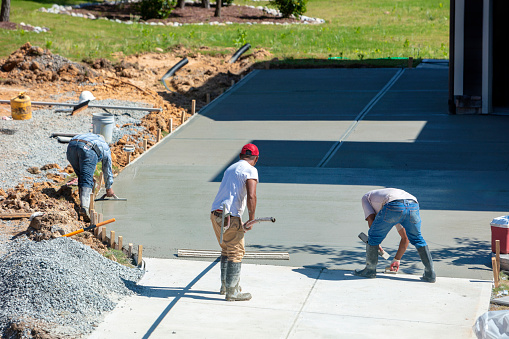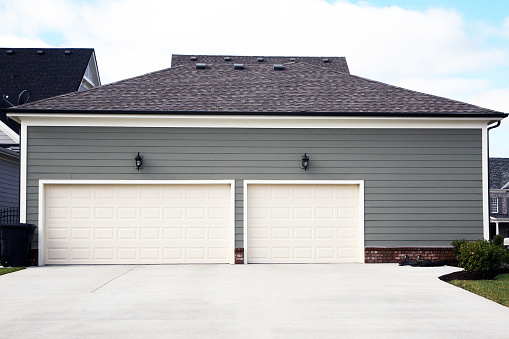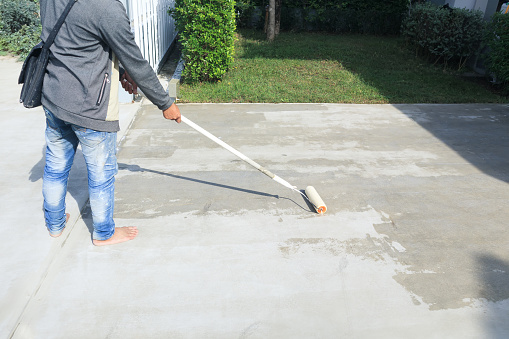Welcome to our comprehensive guide on maintaining your concrete driveway! A well-kept driveway isn’t just about curb appeal; it’s about ensuring longevity and durability. Whether you’re a homeowner, architect, or builder, this guide will walk you through the essential steps to keep your concrete driveway in top shape for years to come.
The Importance of Concrete Driveways
Concrete driveways are more than just a path to your home; they’re a symbol of quality and a wise investment. With proper care, a concrete driveway can last at least 30 years, outperforming other paving materials that require more frequent maintenance. They are weatherproof, easy to clean, and provide a safer environment with their heat-reflective properties.

Concrete driveways can last up to 30 years if maintained properly
Getting it Right from the Start
The secret to a long-lasting concrete driveway lies in its construction. Ensuring a proper concrete mix and finishing techniques are key. Hiring an experienced contractor is crucial as they can avoid costly mistakes and ensure that the driveway stands the test of time. Remember, local ready-mixed concrete producers are your best allies in getting quality materials.

The contractor is responsible to ensure your concrete driveway is installed using best practices
Driveway Care Tips
Protecting your concrete driveway starts with knowledge. Both the contractor and the homeowner play vital roles. The contractor must follow best practices in finishing and curing the concrete. As a homeowner, make sure these steps are diligently followed. Proper curing is critical as it enhances the concrete’s strength, durability, and resistance to weather.

Concrete driveways enhance curb appeal and offer a clean, bright appearance to your home
Your Role in Driveway Maintenance
After the initial curing, your role in maintenance begins. Keep vehicles off the new concrete for at least seven days. Seal your driveway after it’s had 30 days to air dry, and consider resealing it periodically, especially in high-traffic areas. Be mindful of where downspouts are directing water to prevent erosion and cracking. In winter, avoid using harmful de-icing chemicals and opt for sand to improve traction.

Homeowners can seal their concrete driveway after a minimum of 30 days and repeat sealing as needed over the years
Your concrete driveway is a significant investment. By following these tips and understanding the roles of both contractor and homeowner in its care, you can ensure that your driveway remains a durable, functional, and aesthetically pleasing part of your home for decades.
